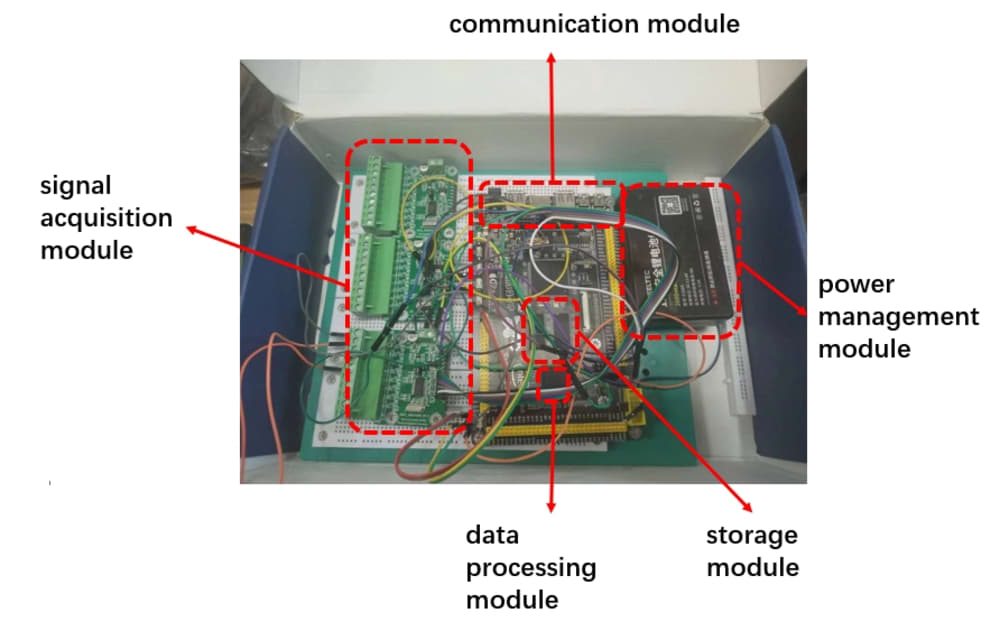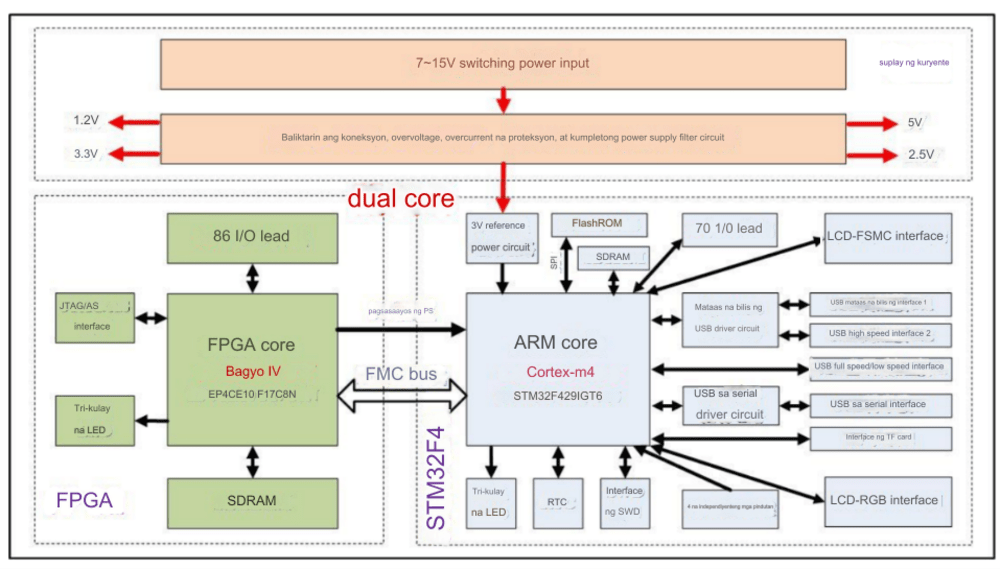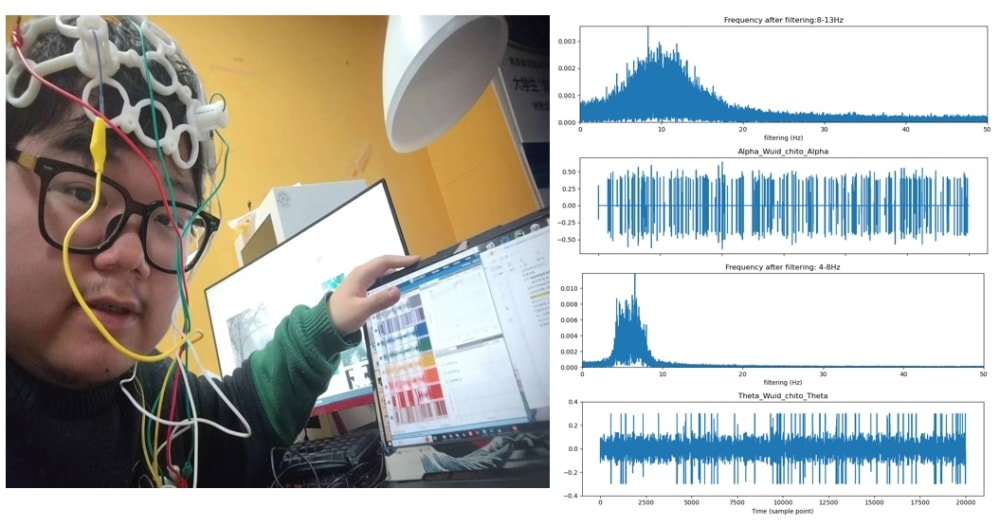With the advancement of cognitive science and brain-computer interface (BCI) technology, the development of lightweight BCI technology holds great promise in areas such as neurorehabilitation, medical monitoring, and smart home applications. However, compared to traditional EEG acquisition equipment, lightweight devices, though portable, tend to have weaker analytical capabilities and less pronounced feature extraction. The common solution is to adopt more advanced artifact removal correction and analysis algorithms during feature extraction, which is a current research hotspot.
However, this paper aims to highlight that improving signal quality from the source is always better than over-relying on exclusion or correction processes. The current mainstream approach achieves data acquisition and control for up to eight channels using microcontrollers or DSPs, essentially relying on the sampling precision of the ADS1299 hardware, which limits further expansion and integrated processing capabilities.
Therefore, this paper innovatively designs an FPGA and ARM dual-core heterogeneous multi-channel sampling architecture system based on the analog front-end ADS1256. ARM is responsible for control and communication, while the FPGA achieves parallel high-speed data processing of up to 48 channels through the FMC bus. Compared to the eight-channel portable sampling systems available on the market, this device offers high resolution, the capability to expand up to 48 channels, and a sampling rate of up to 30 kps. This approach addresses the issues of less pronounced features and insufficient recognition accuracy in portable systems by using more comprehensive data processing. Additionally, it includes supporting modules such as a wireless communication module, multi-channel processing module, and related software design, making the system complete and advanced.
Video
Like this entry?
-
About the Entrant
- Name:Jianchao He
- Type of entry:individual
- Patent status:pending









